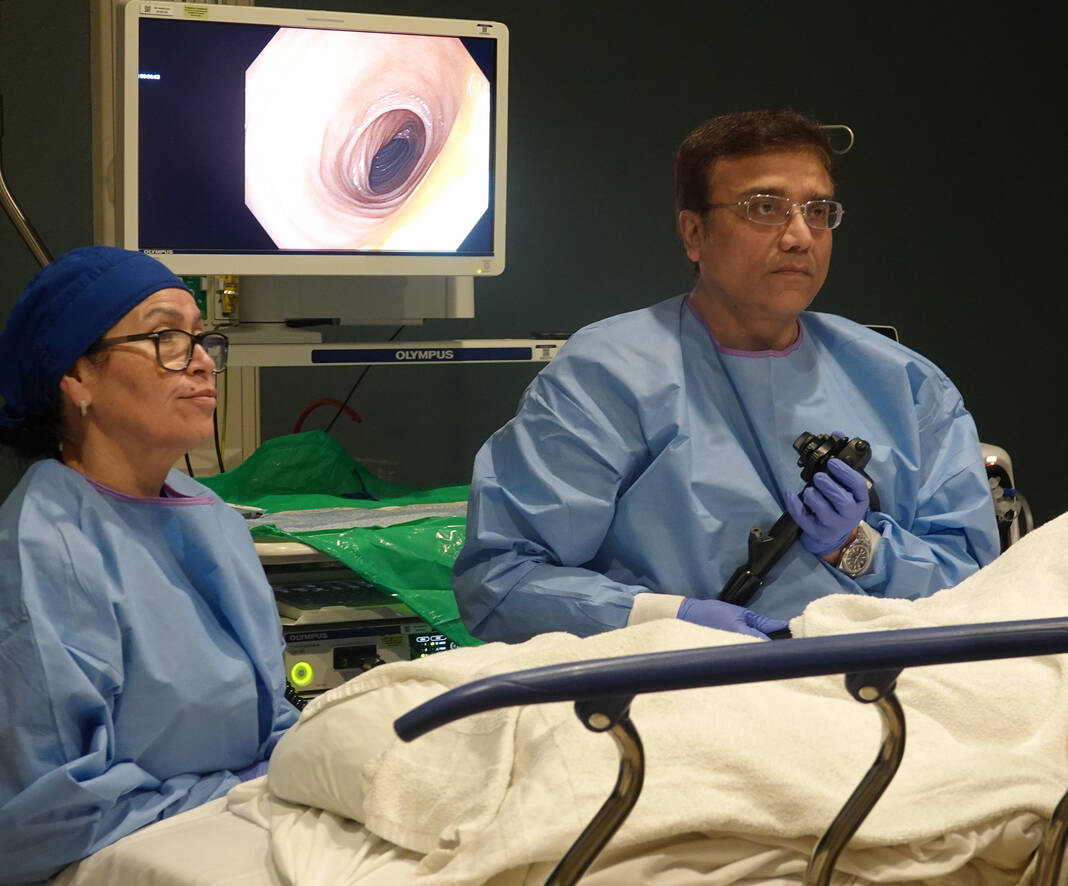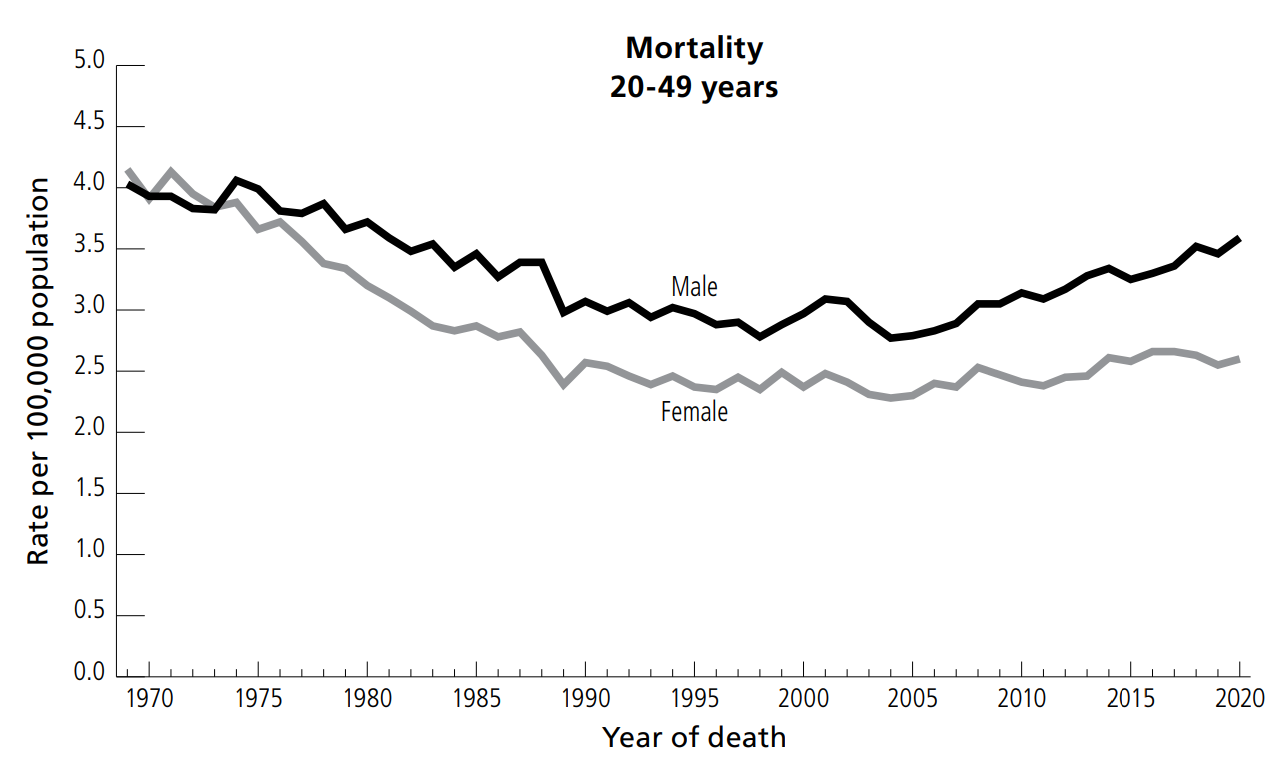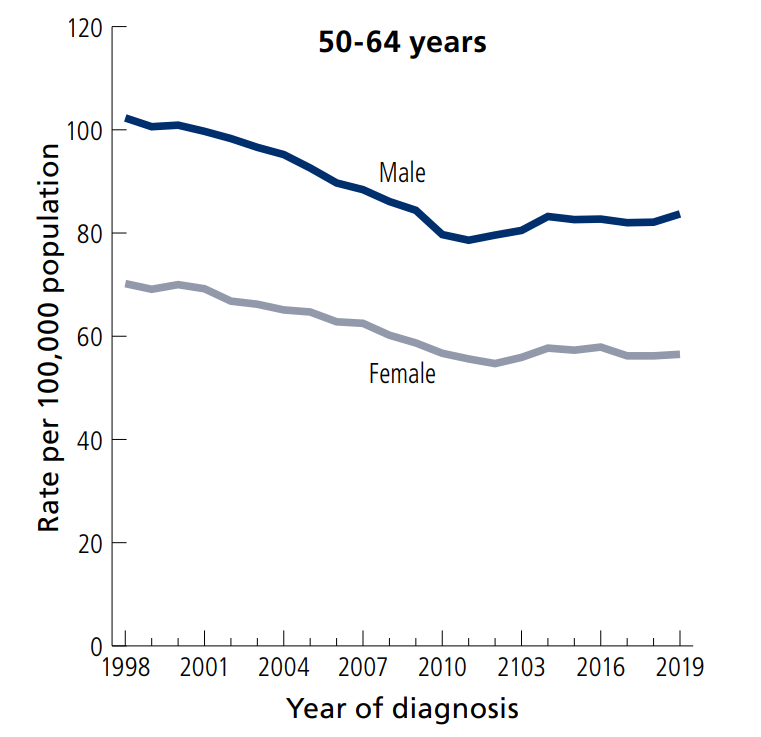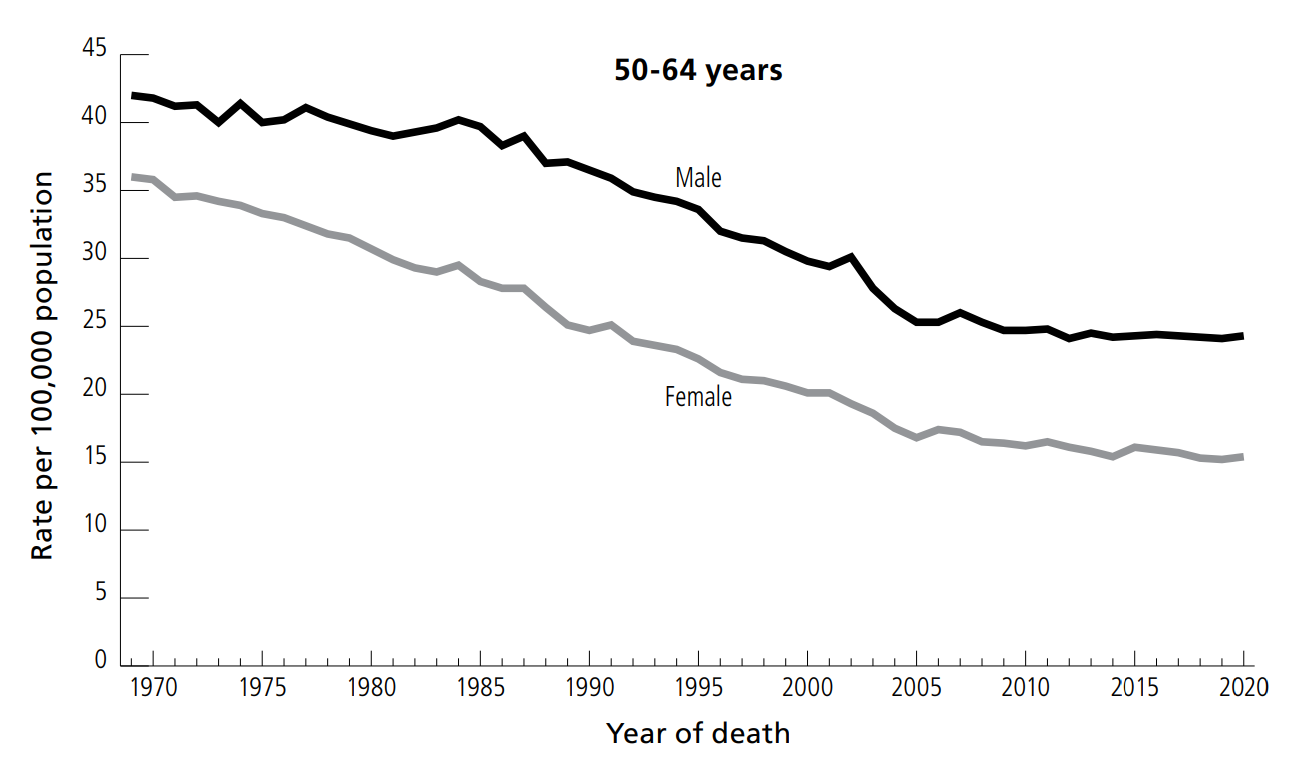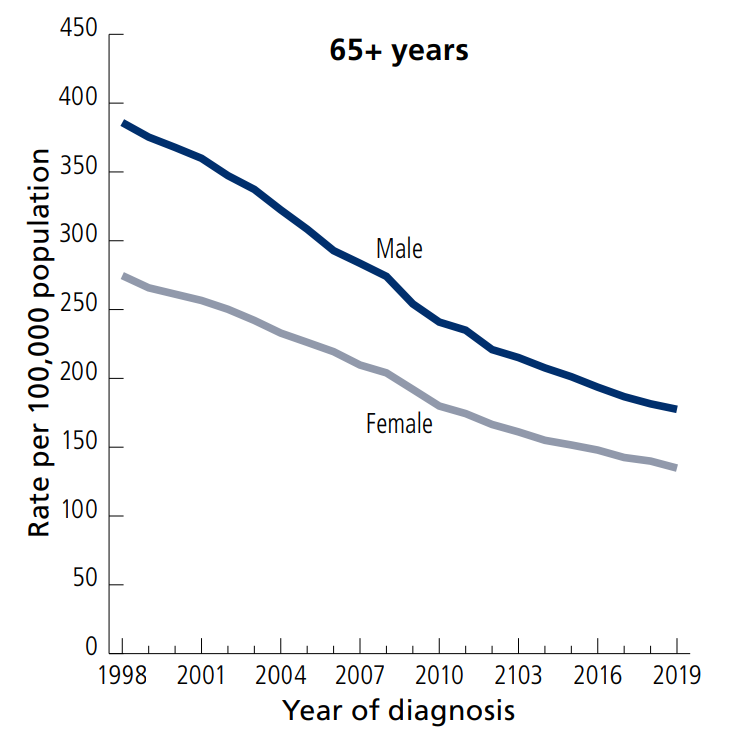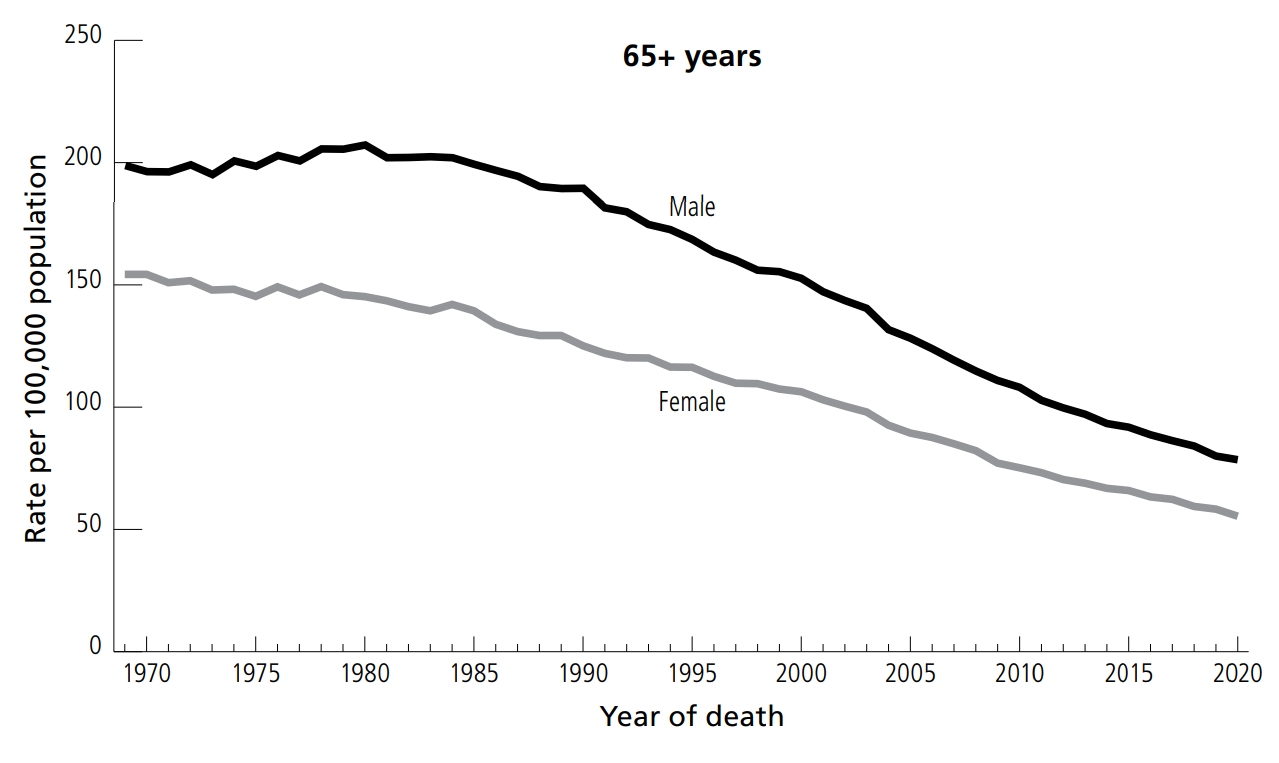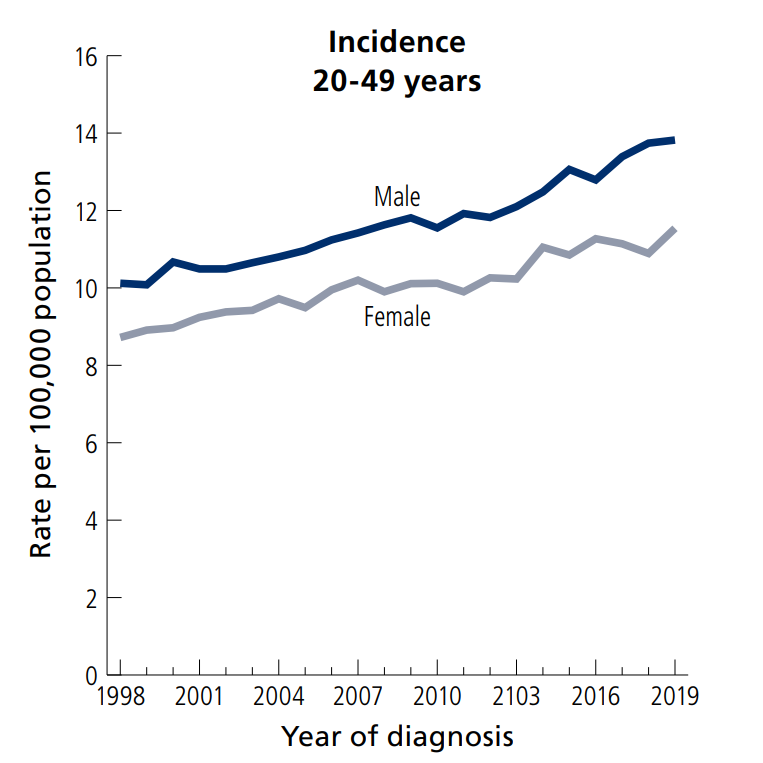|
Only have a minute? Listen instead
Getting your Trinity Audio player ready...
|
One of the most deadly cancers also happens to be among the most preventable, and that’s why local health experts say getting screened early is so important.
March is Colorectal Cancer Awareness Month in which physicians emphasize the importance of scheduling the necessary screening that can prevent colon or rectal cancer.
According to the American Cancer Society, colorectal cancer is the third most commonly diagnosed cancer and is ranked the second most common cause of cancer death in the U.S. It’s also more common in men than in women but screenings are encouraged for any gender.
They estimated that there would be about 153,020 new cases of colorectal cancer in 2023. Of that number, they estimated about 52,550 people would die from the disease with about 3,750 of those deaths being individuals younger than 50 years old.
In recent years, the death rate has decreased by about 2% from 2012 to 2020 due to improvements in treatment and increased screening; however, there continues to be a rise in deaths of adults under the age of 55 with colorectal cancer.
According to Dr. Asif Zamir, a gastroenterologist at DHR Health in Edinburg, although colon cancer is among the more commonly diagnosed cancers, it can be prevented through regular screenings, surveillance and treatment.
“The screening is the most important thing in terms of colon cancer diagnosis and treatment,” Zamir said. “If you detect colon cancer in the early stage, that is the road for a cure rather than just the controlling of the disease.”
Zamir explained that some of the obstacles to getting Rio Grande Valley residents screened more include a lack of insurance and awareness, and there are some misconceptions of the disease not to mention some who may feel uncomfortable with getting a colonoscopy.
For Zamir, screenings are important due to the symptoms of colon cancer in the early stages being “quite silent,” meaning that oftentimes the symptoms aren’t as apparent.
He explained that not only can a colonoscopy help diagnose colon cancer but can also prevent it entirely.
“When you do a colonoscopy you can remove polyps (a clump of cells that form on the lining of the colon) … cancers can develop from those polyps,” Zamir said, adding that a colonoscopy is the only exam that doesn’t just detect colon cancer but also plays a role in its prevention. “If you remove polyps you’re actually preventing colon cancer.”
The doctor also described colonoscopy procedures as simple and painless. He explained that prior to the procedure the patient is given bowel prep to help clean the colon, and that the patient is put under anesthesia during the exam, so they won’t feel any pain.
Zamir explained that they have noticed a decrease of colon cancer in patients ages 55 and older. However, they are beginning to see an uptick in colon cancer diagnoses in younger patients.
In fact, according to the American Cancer Society, since 2011 colorectal cancer rates have been stable in ages 50 to 64 but have been increasing by 2% each year in people younger than 50.
“Nowadays we are seeing more and more younger patients with colon cancer, that’s why the screening age has been decreased from 50 to 45 across the board,” Zamir said.
You can inquire or schedule a colonoscopy at DHR Health by calling (956) 362-8677 or visit www.dhrhealth.com.
“Colon cancer is a curable disease provided that it is detected in the early stages,” Zamir said.

